 By: Polux Díaz, María Fernanda Gómez y Renata Herrerías
By: Polux Díaz, María Fernanda Gómez y Renata Herrerías
Last September we talked to Bob Johnson, PhD, CFA, Senior Managing Director, CFA Institute, an organization created in the U.S. with a presence in 58 countries that sets the highest standards of ethics, education and professional excellence in the investment industry. The CFA Institute provides education to investment professionals using its Global Body of Investment Knowledge © (Body Awareness Global Investment Industry), which covers all aspects of the investment profession, including ethics. Today, CFA Institute offers two programs of education and accreditation: the CFA program, which awards the Chartered Financial Analyst © (CFA ©), and Certification Program Investment Performance Measurement, which gives the CIPM ©. Today the Institute has about 100,000 members in over 130 countries, more than 87 percent of them accredited as Chartered Financial Analyst © (CFA ©). Nearly 30 percent of the members are responsible for managing private client assets and 50 percent work in the markets for the next purchase. The CFA Institute is
Bob Johnson earned a Ph.D. in finance from the University of Nebraska, has an MBA in finance from Creighton University and a BS in Business Administration (BSBA) from the University of Nebraska. CFA was accredited in September 1990. Since September 1996, Bob is part of the Institute, first as Vice President in charge of the CFA program curriculum. In December 1998 he was promoted to Senior Vice President. Now Senior Managing Director, CFA Institute and is responsible for the following activities: (read more…)
 By: Victor Esquivel and Khalid Daruich
By: Victor Esquivel and Khalid Daruich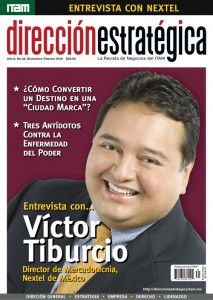
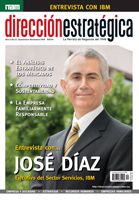
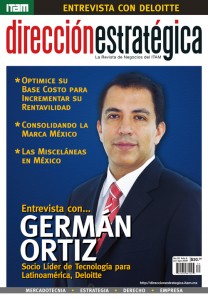
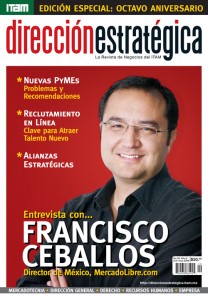
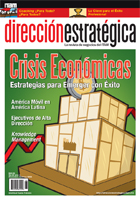
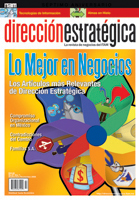
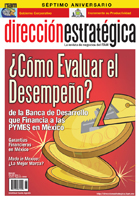
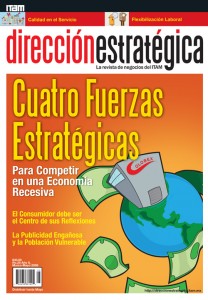
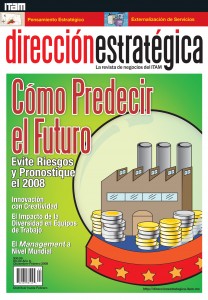
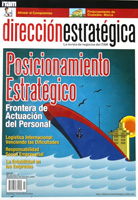
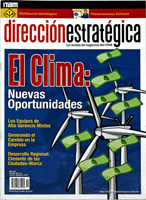
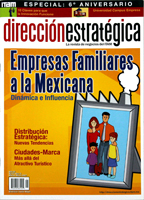
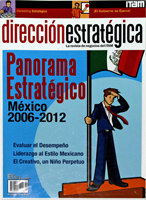
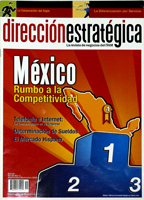
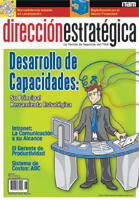
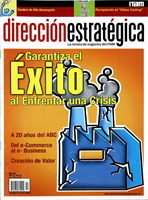
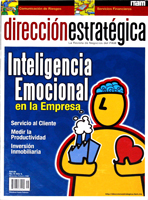
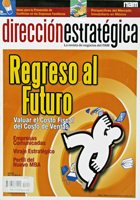
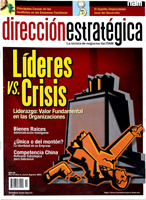
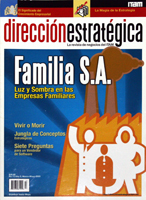
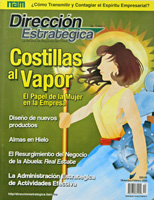
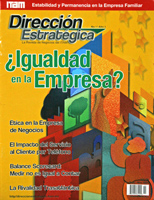
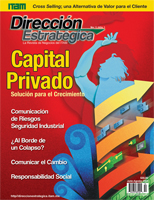
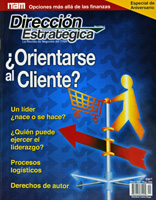
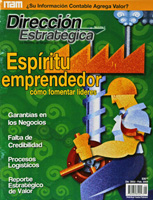
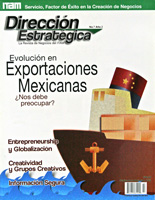
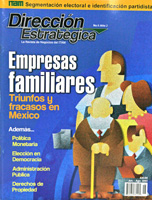
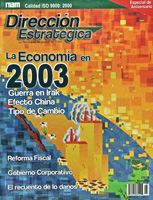
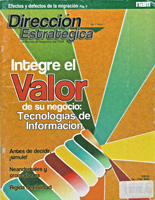
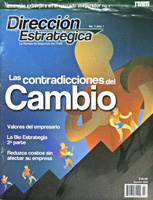
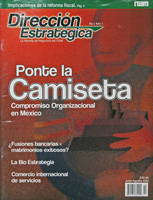
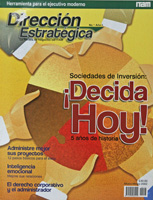
Investing in Human Capital Increases GDP per Hour Worked
By: Irina Nikolaeva and Antonio Quesada
PwC
Part of the discourse in human capital management is that employees are the most important part for an organization to be successful. But, sometimes, this discourse lacks empirical evidence.
Nevertheless, PwC recently made a world level study that revealed that in those countries where a significant investment has been made in human resources, the Gross Domestic Product (GDP) per hour worked has also experienced a big increase. In that sense, the research states that emerging countries such as China, the Czech Republic, Estonia, India, Poland or Brazil, amongst other, show a 10% GDP growth per hour worked, and underlying that fact is a strong capital investment in human resources. Actually the Brazilian case is at the forefront as a result of its investment in technology and research.
(read more…)